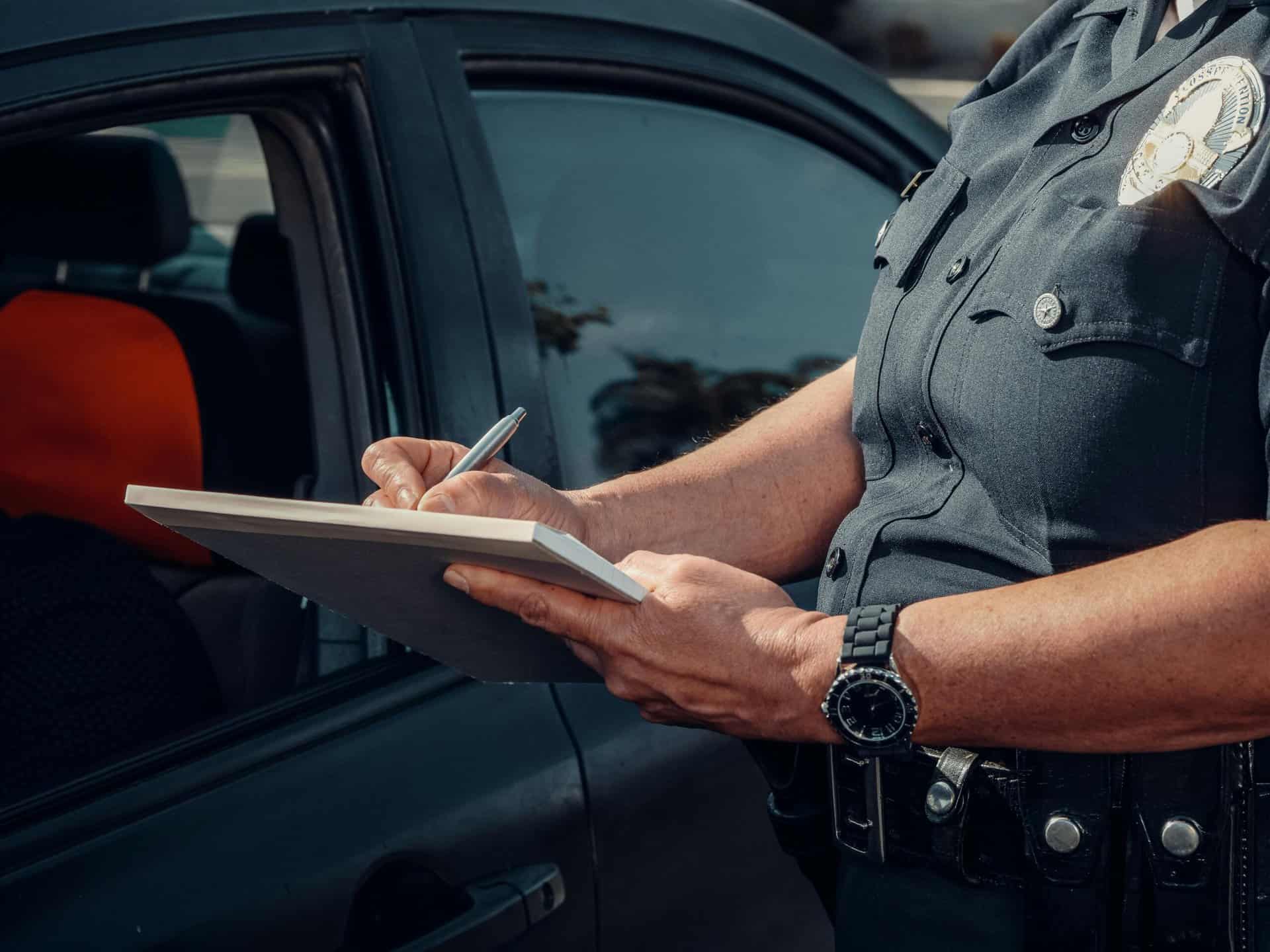DWI – What to Do or Not Do . . .
M&P Law Offices’ Commitment
M&P Law Offices handles a wide variety of criminal defense matters, and we are especially proud of our reputation as a top DWI lawyers. With that in mind, we wanted to discuss some do’s and don’ts regarding Driving While Intoxicated in Texas.
The Importance of Avoiding DWI Situations
We all know that drinking and driving is illegal, but many times, despite no intention of breaking the law, a few drinks with friends can turn into a potentially life-changing arrest or much worse an alcohol-related automobile accident. So, here are some tips for you to keep in mind if you ever find yourself in these situations.
First and foremost, the obvious and easiest tip to ensure that you are not facing a DWI conviction is simply do not drink and drink. There are many ways to avoid driving if you have been drinking such as taxi’s, Ubers, friends, etc. Studies show that most people vastly underestimate the effect that alcohol has on their driving.
The Blood Alcohol Content (BAC) level which makes it illegal drive, in Texas, is 0.08. There are many variables that go into how the human body metabolizes alcohol in the body such as age, weight, and body composition, food in the body, medications in the body, sex, etc., so trying to figure out when one is over the legal BAC as you drink is simply a guessing game with serious ramifications.
In addition to a scientifically measurable number (BAC), Texas law also allows for a subjective measure of intoxication. You may be found to be intoxicated, and therefore, illegally operating a motor vehicle, If you do not have the “normal use of mental or physical faculties” due to the effects of alcohol or drugs or a combination of both. It should be noted that even prescription medications can be the basis for a driving while intoxicated conviction.
How to Respond if Pulled Over After Drinking
That being said, if you decide to drive after having some drinks and you are pulled over by law enforcement, you must understand that from this point forward any information provided to the officer verbally and through your actions, including your driving, is being recorded, through in-car video and body cam video, and can be used as evidence against you.
The State has the burden of proving that you violated the law, in this case, you were driving while intoxicated. The gathering of the evidence to prove their case begins with the initiation of their video equipment prior to the stop which is monitoring your driving before and while you are being pulled over.
Once the officer activates his lights behind you, you should put your turn signal on immediately to show the officer you intend to comply and pull over as soon as you find a safe location to do so. If possible, find a parking lot or place where you can get off the road completely. If not available, pull over to the shoulder of the road. Running from the police is another law violation, not safe, and is bound to lead to greater issues.
After pulling over, be polite and compliant. Understand that the officer could approach from either side of your vehicle, and will most certainly, ask for your driver’s license, registration, and proof of insurance. If you do not already have that information out upon the officer approaching the vehicle, ask the officer if you can move to get it, and when granted permission, do so slowly.
Remember, the officer deals with all kinds of people when interacting with persons when conducting stops, so quick movements to reach for something may cause alarm for the officer’s safety. Refusing to comply with the officer’s commands is not recommended as it will only cause an escalation of the officer’s process of dealing with your stop.
Responding to Questions About Drinking
Most likely, the officer, in his initial contact with you may ask you if you know why you were pulled over. Do not answer yes, as that could be an admission of a key piece of evidence. A simple, “No Sir” or “I am not sure, Ma’am” will suffice.
In any arrest, including a DWI, the State must be able to show that the officer had justifiable and reasonable suspicion or probable cause to initiate the stop, which means he or she must have witnessed you doing something to justify pulling you over. If you answer the question with “Yes Sir, I was speeding,” you have just given the officer probable cause of your stop even if he could not prove you were speeding.
At some point, based upon what the officer observed prior to your stop or during his interaction with you (i.e, the smell of alcohol emitting from the car, your speech being slurred, your eyes bloodshot, alcohol containers in the car, etc.), a question will be asked, “Have you been drinking tonight?” At this point, you have options as to how to respond to this. Obviously, if you have not been drinking, feel free to respond accordingly. If you have been drinking, it is decision time.
TO BE CLEAR, OUR RECOMMENDATION IS DO NOT PROVIDE ANY INFORMATION TO THE POLICE IF YOU HAVE BEEN PULLED OVER AFTER DRINKING, PERIOD. THAT MEANS DO NOT ANSWER QUESTIONS THAT WILL LEAD TO INCRIMINATING DETAILS OF DWI, INCLUDING WHERE YOU CAME FROM, DRINKING OR OTHER POTENTIAL ILLICIT ACTIVITIES. THE SAFEST THING TO DO IS TO SIMPLY TELL THE OFFICER, POLITELY, THAT YOU ARE INVOKING YOUR 5TH AMENDMENT RIGHT TO REMAIN SILENT.
If you admit to drinking, the officer will follow up by asking how many drinks you had and more details. Answering these questions, again, is simply a way of getting you to admit to the elements required to be proven by the State for a DWI conviction.
While we never recommend providing additional information to officers, if you have only had a few drinks, and are confident you are not at or above the 0.80 BAC limit, you can proceed to discuss the situation with the officer, take field sobriety tests, etc., to prove you are not intoxicated, but as discussed above understand that you will be providing the officer with all the evidence needed to prove a DWI otherwise.
So, this is an extremely risky proposition that, again, we do not recommend. Miscalculation can lead to a DWI conviction, even if you ultimately submitted to a breath or blood test and had 0.80 BAC.
Refusing Field Sobriety Tests
If you invoke your 5th Amendment right to remain silent, as we advise, you must understand that, most likely, you will be arrested for DWI, but at that point, you have provided the least amount of evidence possible to the officer. When you do make this decision to invoke your 5th Amendment right to remain silent, do just that. Remain silent, and do not speak any further to the officer other than to acknowledge his commands politely.
You can further, under the same 5th Amendment right, refuse any field sobriety tests and/or breath tests. The sole reason for the tests is to gather evidence of your intoxication beyond the legal limit. There is no reason for you to provide any further evidence to the officer.
Depending on the county of the stop, your refusal to do any field sobriety tests and/or breath test may cause the officer to request a warrant from a local judge to draw blood to be tested, but this process takes time and all the while your body is metabolizing alcohol, so this delay could make the difference between 0.080 and 0.079. And, again, the least amount of evidence provided is best for the defense of your case.
Understanding Implied Consent Laws and License Suspension
You also need to be aware that, under the implied consent laws of the State of Texas, if you refuse to submit to such testing, you are automatically subject to a license suspension under the Administrative License Revocation (ALR) process. However, you will also face suspension for submitting to BAC testing and failing. So again, if you know the outcome would be a failed test, there is no reason to submit.
We can also assist you in fighting the ALR process and, ultimately, acquiring an Occupational Driver’s License if needed. The Occupational Driver’s License allows you to drive, with restrictions such as for work or for necessity, while your driver’s license is suspended.
Recording During and After the Stop
As stated above, you are being recorded, most likely prior to your stop via in-car video and during the stop via body cam video, but also understand that once you are placed in the squad car for transport to the jail, the officer will turn the in-car video around to face you in the back seat.
So, your actions while in the car will be recorded as well. Lastly, you will also be recorded in the jail when asked to submit to a breath test, so again, all interaction with the police and jail staff can be evidence gathering opportunities for the State. Remain silent, remain as steady as you can, speak slowly and clearly. All of this will assist in your defense.
Finally, once you are at the jail, at some point, you will be afforded an opportunity to call someone to let them know you are in jail. Understand that all phone calls can be recorded by the jail and used as evidence, so again, remember the least information given about the circumstances of your arrest is best.
REMEMBER, YOU CANNOT TALK YOUR WAY OUT OF A DWI ARREST; HOWEVER, YOU CAN TALK YOU WAY INTO A DWI CONVICTION!
Contact M&P Law Offices for Legal Support
If you are arrested for DWI or any criminal charges, contact our office immediately. We will assist through the process to ensure that your rights are fully protected and that your defense is the best it can possibly be. While our office is in Parker County, we defend the rights of our clients in the Dallas-Fort Worth Metroplex and surrounding counties.
M&P Law Office, 6900 E. Interstate 20, Aledo, Texas 76008, 817.546.4100

Zach Pettigrew
Partner
M&P Law Offices
A general practice based in Parker County, Texas, offering legal services estate planning, criminal defense, family law, and business law since 1994.



